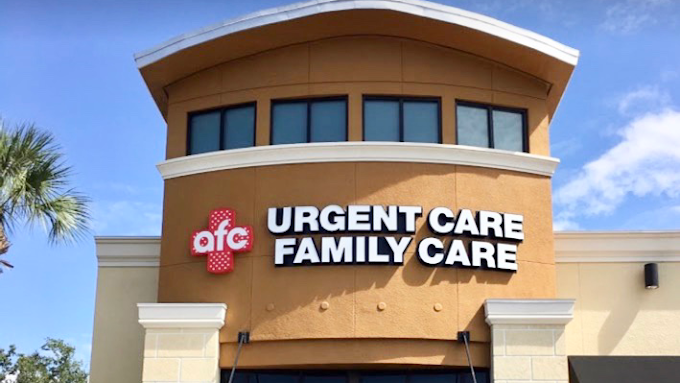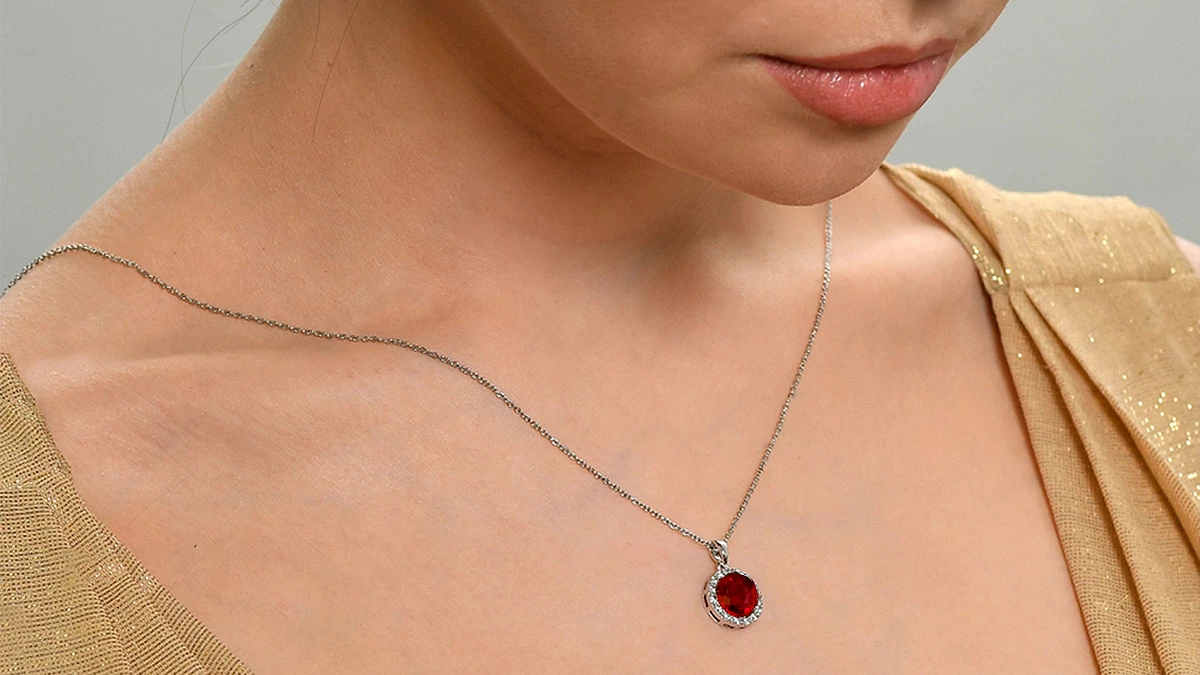MEDICAL science students at The University of the West Indies (UWI) now have greater access to innovative technologies to make the process of health-care delivery more efficient.
This access comes through a memorandum of understanding (MOU) between the institution and Novamed Inc – a company that drives health-care ventures and innovation.
Dr David Walcott, founder of Novamed, alongside his business partner Kirk Anthony Hamilton aim to bring world-class health care into emerging markets starting with the Caribbean.
Dr Walcott, a medical doctor, Rhodes Scholar and graduate of The UWI told the Jamaica Observer that the MOU represents an institutional partnership to drive transformation of medical education in the region.
“How we plan to do this is build an ecosystem that speaks to the value of proper medical education in the region and the need for our health-care workforce to be upskilled, to be able to meet the changing needs of the future, especially in response to COVID where the future has come quickly. Health care has been transformed and a lot of our doctors haven’t had the experience and exposure to be able to navigate this new form of health-care delivery,” Dr Walcott said.
Dr Walcott explained that the transformation is about ensuring the content medical doctors are learning is on par with international benchmarks and pegged to ensure doctors are globally competitive.
“It is focused on the delivery aspect of health-care education – how do we optimise the engine for health-care delivery in terms of how content is structured? How can we leverage and use technology to optimise delivery? How do we use all these sort of innovative technologies to make the process more efficient, and so we’ve done some things in 3D printing? We’ve used the tools of the Fourth Industrial Revolution as a part of our teaching tools. We plan to develop our ecosystem where those tools such as 3D printing are used in the delivery of medical education,” he said.
Regarding innovation, Dr Walcott said the partnership will also expose students to a range of career opportunities in medicine, outside of seeing patients in a clinical setting.
“There’s a traditional belief that if you’re in Jamaica and you want a career in health care, then go and be a doctor or if you’re a medical doctor, then go and be a clinical specialist. So you finish med school, get into a residency programme, become a surgeon. We believe in a different approach whereby the spectrum of opportunities that are accessible to medical doctors extends well beyond being a clinical specialist. You can go into academia, entrepreneurship, management, consulting. There’s a spectrum of opportunities and we have an approach to ensure that doctors graduating are not only trained to be internationally competitive but are also aware of the spectrum of opportunities [available] to them as medical doctors,” Dr Walcott said, pointing out that while he is a medical doctor he has had experience in academia through his PhD, he is an entrepreneur and also does health-care investing and consulting.
Further, Dr Walcott said the global health-care market requires this level of innovation if there is expectation of progress and advancement.
“If you’re not immersed in an environment where innovation is constantly taking place you’re going to naturally be left behind. So students in New York or San Francisco have the benefit of constantly seeing these new technologies being born, whereas in smaller ecosystems we don’t have that luxury. We want to bring First World exposure to health care, innovation and medical education into the Caribbean,” he said.
Meanwhile, Dr Walcott said the partnership will help train students to sit the United States Medical Licensing Exam to help advance the growth of our own medical training programme.
“Our portfolio company in medical education is called First Step. First Step trains students to sit international examinations. It’s valuable on several fronts. The students knowledge bases are forced to be on par with international counterparts and it’s going to be important for our medical doctors to be able to leave, go abroad and amass the resources they need to be able to contribute to our health-care economy. So, we train students to be internationally competitive,” he said.
He said this exposure will also stem brain drain and aid medical tourism.
“If you can develop health-care services to a point where international clientle start looking at your system and that has happened in small places including small countries, including Singapore, including Barbados for fertility care, then the question of having international doctors come back is no longer a liability but an asset.We don’t believe in brain drain. But if you cut off the channels for international exposure at some point you are not left with any brains to drain. There has to be a level of bidirectional exchange between us and markets in the US. Our mandate is to encourage individuals to get exposure at leading institutions and bring that exposure back to Jamaica,” Dr Walcott said.
Now you can read the Jamaica Observer ePaper anytime, anywhere. The Jamaica Observer ePaper is available to you at home or at work, and is the same edition as the printed copy available at http://bit.ly/epaper-login







